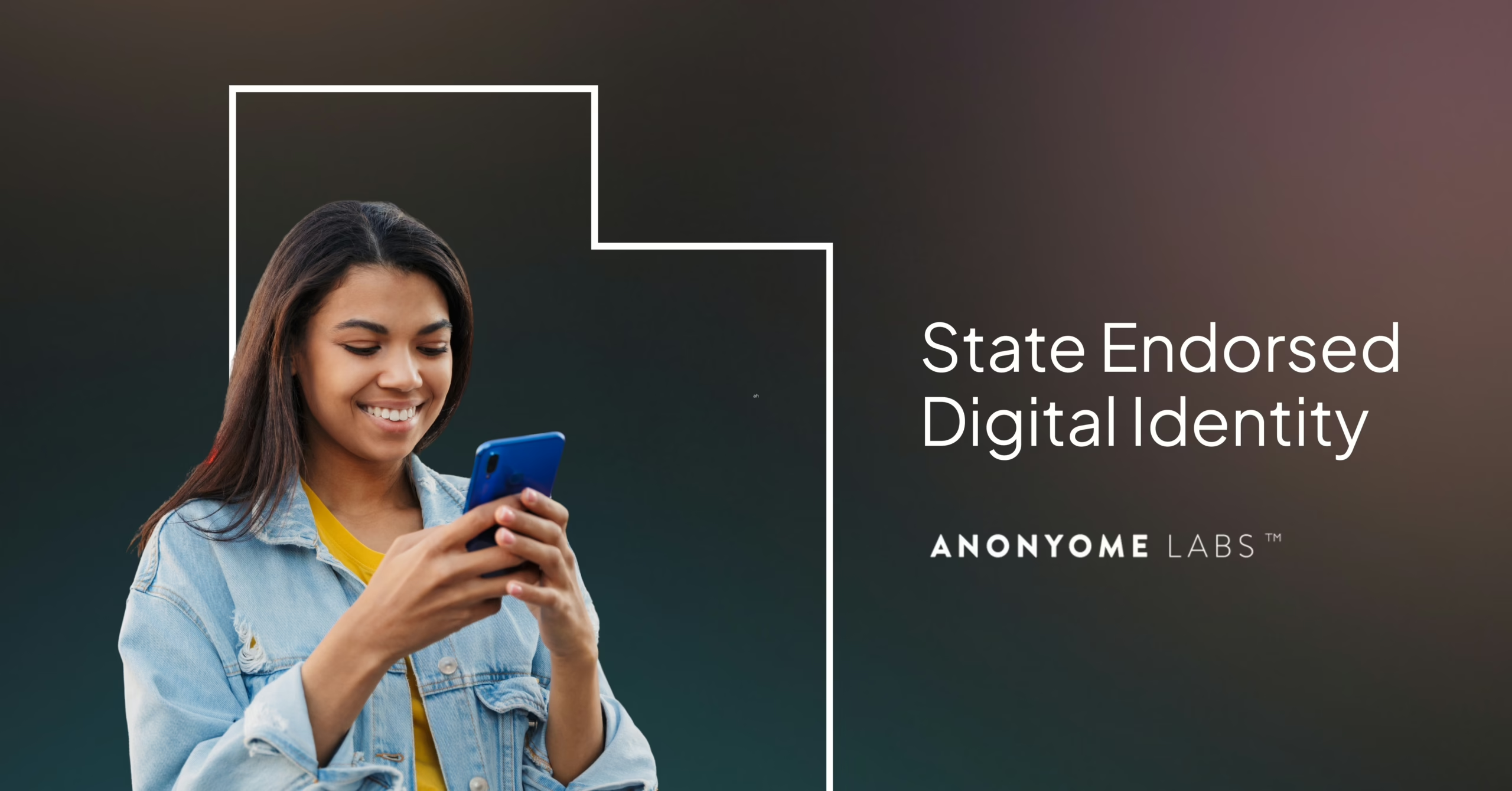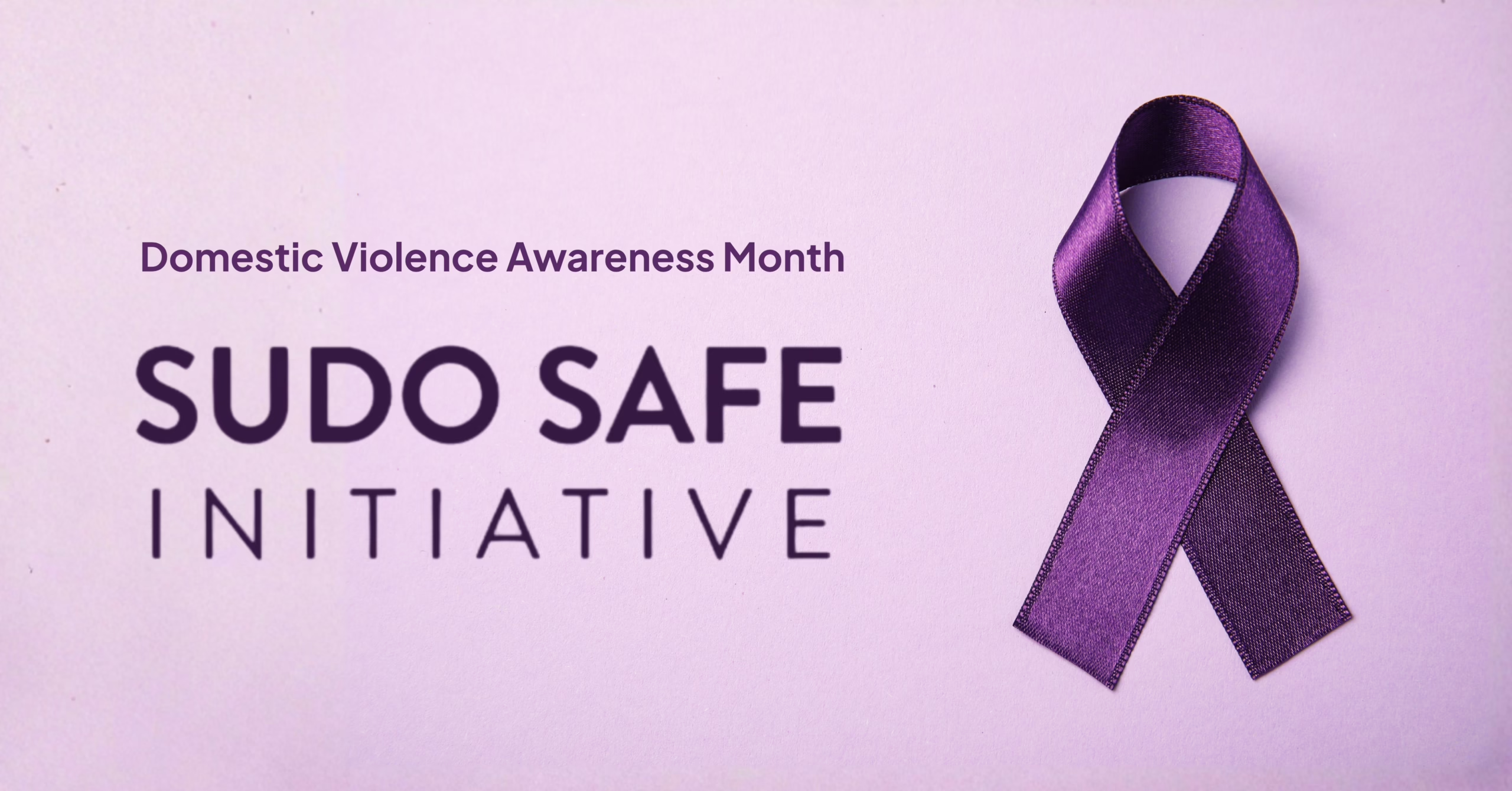Anonyome Labs has the most advanced decentralized identity (DI) mobile wallet SDK on the market—and the newly released version 2.0 has even more features for customers to apply to their own products.
As a market leader in innovative decentralized identity (DI) technology offerings, Anonyome Labs is proud to bring version 2.0 of the DI Mobile Edge Agent SDK to market. Like its predecessor, this SDK unites industry-standard DI protocols with Anonyome Labs’ modularity, reliability and security, and then adds new features that give customers more options for applying the technology to their product suite.
An edge agent is an application that sits on an ‘edge device’, such as a user’s mobile phone. Edge agents can provide an array of DI functionality such as wallet and peer-to-peer services. Learn more.
In this article we run through the technical specs of Anonyome Labs Edge Agent SDK 2.0, but here are the 5 ways the version 2.0 mobile wallet SDK is more advanced than its predecessor:
- Anonyome Labs Edge Agent SDK 2.0 adopts the latest v2.0 suite of Hyperledger Aries RFCs for receiving and securely storing credentials and verifiably presenting credentials. Learn about how the banking industry is using verifiable or reusable credentials, for example.
- Anonyome Labs Edge Agent SDK 2.0 still supports Hyperledger Anoncreds, and now also supports more credential and presentation formats, particularly W3C Verifiable Credentials (VCs) and Verifiable Presentations (VPs).
- Anonyome Labs Edge Agent SDK 2.0 adds support for Aries-based chat functionality, so users can exchange end-to-end encrypted chat messages with their DIDComm connections.
- Anonyome Labs Edge Agent SDK continues to exist in the ecosystem of Anonyome’s DI offerings, such as in the Anonyome Labs Cloud Agent Service and the Anonyome Labs Decentralized Identity Relay.
- In future we will add into the SDK support for OpenID4VC and more of the latest Hyperledger Aries RFCs. This will be part of our new roadmap as we move on from the initial roadmap.
Let’s now go into more detail about these 5 features:
- Anonyome Labs Edge Agent SDK 2.0 adopts the latest Aries credential and presentation exchange RFCs
The Sudo Platform Edge Agent SDK continues to expand its support for the Hyperledger Aries RFCs. Having already supported most of the Aries Interop Protocol (AIP) 1.0 suite of protocols, we have progressed to the latest AIP 2.0 suite. To do this, we’ve implemented these new Aries RFCs into our edge agent:
- Issue Credential Protocol 2.0 (RFC 0453) for negotiating and receiving verifiable credentials from Aries issuers
- Present Proof Protocol 2.0 (RFC 0454) for presenting verifiable credentials to Aries verifiers.
This means version 2.0 is significantly better than version 1.0 because it can receive and present credentials in a range of different formats, such as W3C VCs, in addition to Anoncreds. We discuss these new supported formats below.
As was the case with version 1 of the Sudo Platform Edge Agent SDK, we implement the core of these Aries RFCs by leveraging and contributing to the open-source Hyperledger project that Anonyome co-maintains: Aries-VCX.
- Version 2.0 adds support for W3C credentials and presentations
Using the latest Aries protocols for credential and presentation exchange, we built support for new credential and presentation formats, such as W3C VCs and VPs. This means our customers can pick and choose from a wider range of ‘DI flavours’ that best suit their business use cases.
Anonyome has previously analysed Anoncreds and W3C VCs, both of which play a crucial purpose in the DI ecosystem. Some benefits the Edge Agent SDK’s support for W3C VCs offers include:
- Higher interoperability from standardization and widespread adoption as a result of being formalized by W3C
- Highly flexible data structure in comparison to Anoncreds, including support for more complex credential structures such as nested attributes and lists, suitable for a broad range of applications
- More maturity and backing by a global standard, with many implementations and growing adoption.
Where Anoncreds may beat W3C VCs is in its advanced privacy-preserving features. Anoncreds thrives in this area, with support for zero knowledge proofs (ZKPs) of credential attributes, and partial disclosure of credential attributes (only reveal the attributes that need to be revealed).
To retain some of these privacy-preserving use cases in W3C VCs credentials, the Sudo Platform Edge Agent SDK adds support for presenting selectively disclosed credentials using BBS+ cryptography (as defined in Aries RFC 0646). This means edge agent users can present a proof with a subset of their BBS credential’s attributes without revealing all the other attributes that may contain sensitive data. This is not otherwise possible with other W3C VC types, such as Ed25519-based VCs.
- Version 2.0 adds support for end-to-end encrypted chatting
All Aries protocol messages transmitted between the Sudo Platform Edge Agent SDK and its peers (issuers, verifiers, etc.) are already end-to-end encrypted (E2EE), but with our added support for Aries “Basic Messages” (RFC 0095), our users can now send and receive text chat messages with their DIDComm connections.
Anonyome has built a comprehensive API around this feature, with support for message storage and real-time subscriptions. This new suite of APIs allows our customers to build E2EE chat use cases into their applications, whether that is E2EE chat with an issuer or verifier (e.g. a bank or DMV), or with a fellow edge agent (mobile to mobile chat). The Edge Agent SDK supports these use cases.
- The SDK exists in Anonyome’s suite of DI offerings
Anonyome continues to advance its collection of DI offerings, supporting a wide range of use cases. The Sudo Platform Edge Agent SDK continues to seamlessly integrate with our highly scalable DI message relay solution, the Sudo DI Relay SDK, allowing the edge agent to reliably receive messages from the DIDComm peers it connects with.
What’s more, we continue to thoroughly test our edge agent against our Cloud Agent Service offering (in addition to a suite of open-source Aries agents) to make sure all our features remain interoperable in the DI ecosystem.
- We have a rich roadmap ahead for the SDK
Maturing into its second stable release, the Sudo Platform Edge Agent SDK has achieved the roadmap tasks that we laid out in this article. But given the evolving nature of the DI industry, Anonyome plans to continue adding new features to every new release of the SDK so our customers’ applications can stay up to date with the latest and greatest in the DI ecosystem.
In the future for the SDK, we plan to:
- Implement V2 Aries protocols for connection establishment, particularly DIDExchange (RFC 0023) and Out-of-Band protocol (RFC 0434)
- Implement parts of the OpenID4VC DI stack, allowing the Edge Agent SDK to receive and present credentials with a wider audience of standards, particularly the EUDI’s Architecture and Reference Framework
- Expand the set of DID methods we support, such as did:cheqd, did:indy, and did:peer, again increasing the level of interoperability with more DI agents.
Anonyome Labs tech lets you put privacy in your customers’ hands
Anonyome Labs is the mobile and cloud platform for decentralized identity. Use our APIs and SDKs to quickly build and deploy next-generation privacy, cybersafety, and decentralized identity apps so your customers can communicate privately, navigate online safely, and transact securely in an increasingly connected world.
Anonyome Labs combines a scalable identity foundation and menu of enterprise-ready APIs and SDKs, built for developers by developers. Quickly integrate our technology into your new or existing products. Create a custom solution or choose a pre-configured option.
You might also like:
- Verifiable Credentials – the Killer Feature of Decentralized Identity
- Why More Companies are Turning to SaaS for Decentralized Identity Solutions
- Want to Monetize Privacy? Here’s How to Do it, Fast
- 17 Industries with Viable Use Cases for Decentralized Identity
- 5 Aha! Moments About Decentralized Identity from the Privacy Files Podcast
- What Our Chief Architect Said About Decentralized Identity to Delay Happy Hour
And check out our podcast, Privacy Files, to hear what your peers and experts are saying about the state of member and consumer privacy in real time.



